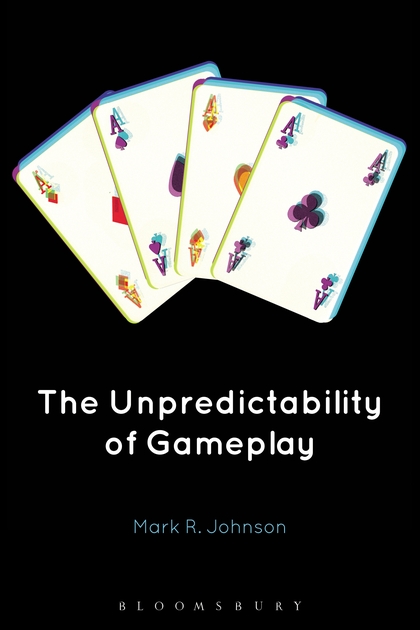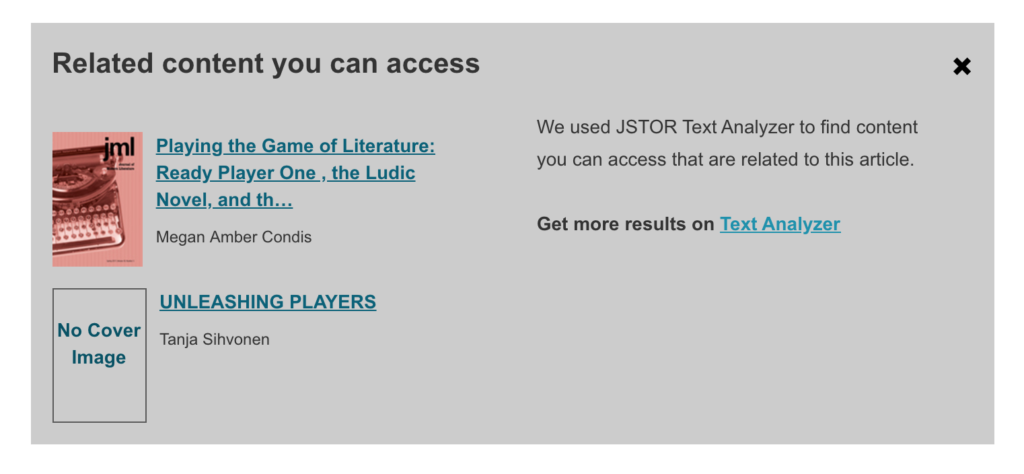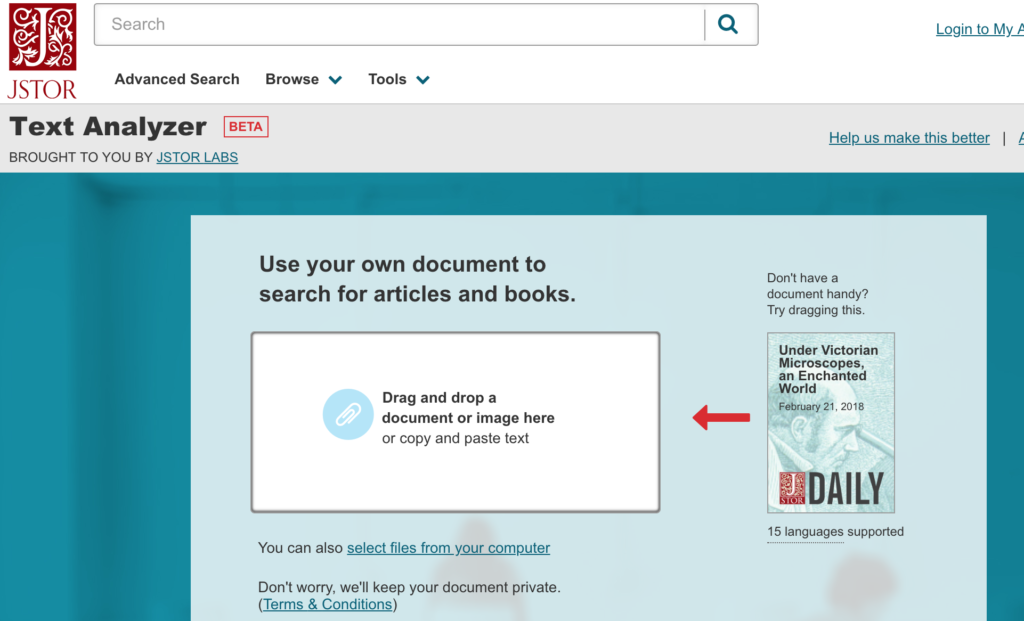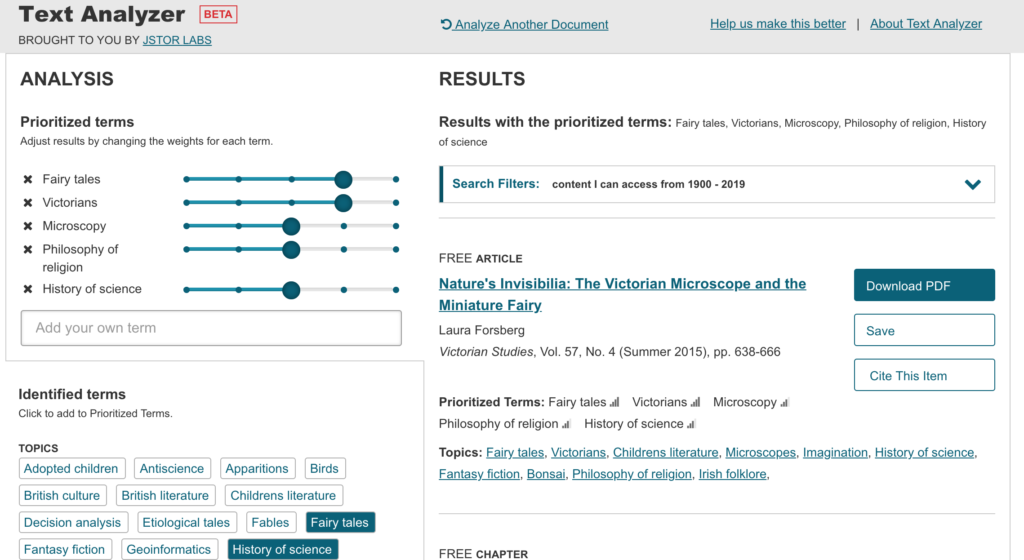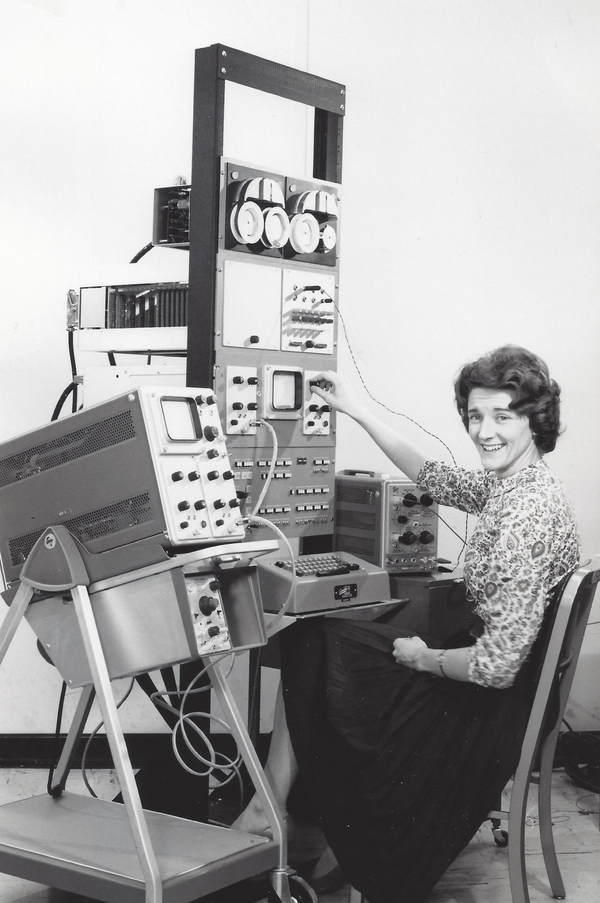The European Commission has announced the next step in its Artificial Intelligence strategy. See Artificial intelligence: Commission takes forward its work on ethics guidelines. The appointed a High-Level Expert Group in June of 2018. This group has now developed Seven essentials for achieving trustworthy AI:
Trustworthy AI should respect all applicable laws and regulations, as well as a series of requirements; specific assessment lists aim to help verify the application of each of the key requirements:
- Human agency and oversight: AI systems should enable equitable societies by supporting human agency and fundamental rights, and not decrease, limit or misguide human autonomy.
- Robustness and safety: Trustworthy AI requires algorithms to be secure, reliable and robust enough to deal with errors or inconsistencies during all life cycle phases of AI systems.
- Privacy and data governance: Citizens should have full control over their own data, while data concerning them will not be used to harm or discriminate against them.
- Transparency: The traceability of AI systems should be ensured.
- Diversity, non-discrimination and fairness: AI systems should consider the whole range of human abilities, skills and requirements, and ensure accessibility.
- Societal and environmental well-being: AI systems should be used to enhance positive social change and enhance sustainability and ecological responsibility.
- Accountability: Mechanisms should be put in place to ensure responsibility and accountability for AI systems and their outcomes.
The next step has now been announced and that is a pilot phase that tests these essentials with stakeholders. The Commission also wants to cooperate with “like-minded partners” like Canada.
What would it mean to participate in the pilot?
